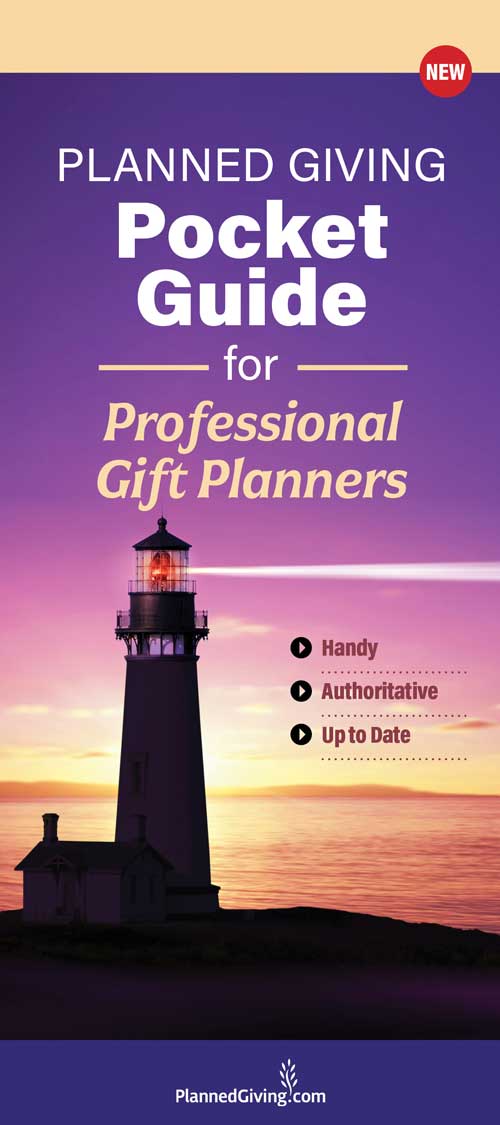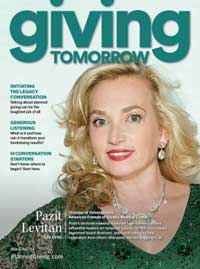
31 Quality Questions to Ask Planned Giving and Major Gifts donors and Prospects
Do you struggle to generate exceptional questions for donor interviews? Then struggle no more: This post will show you a guaranteed way to generate thought-provoking interview questions that generate comprehensive, high-quality answers. And the best part is, whether it’s an interview for a donor story, annual report, board report, newsletter story — even a job or candidate interview — all of these skills will translate. Plus, we’ve included 31 sample questions that you can adapt for your next donor interview.













